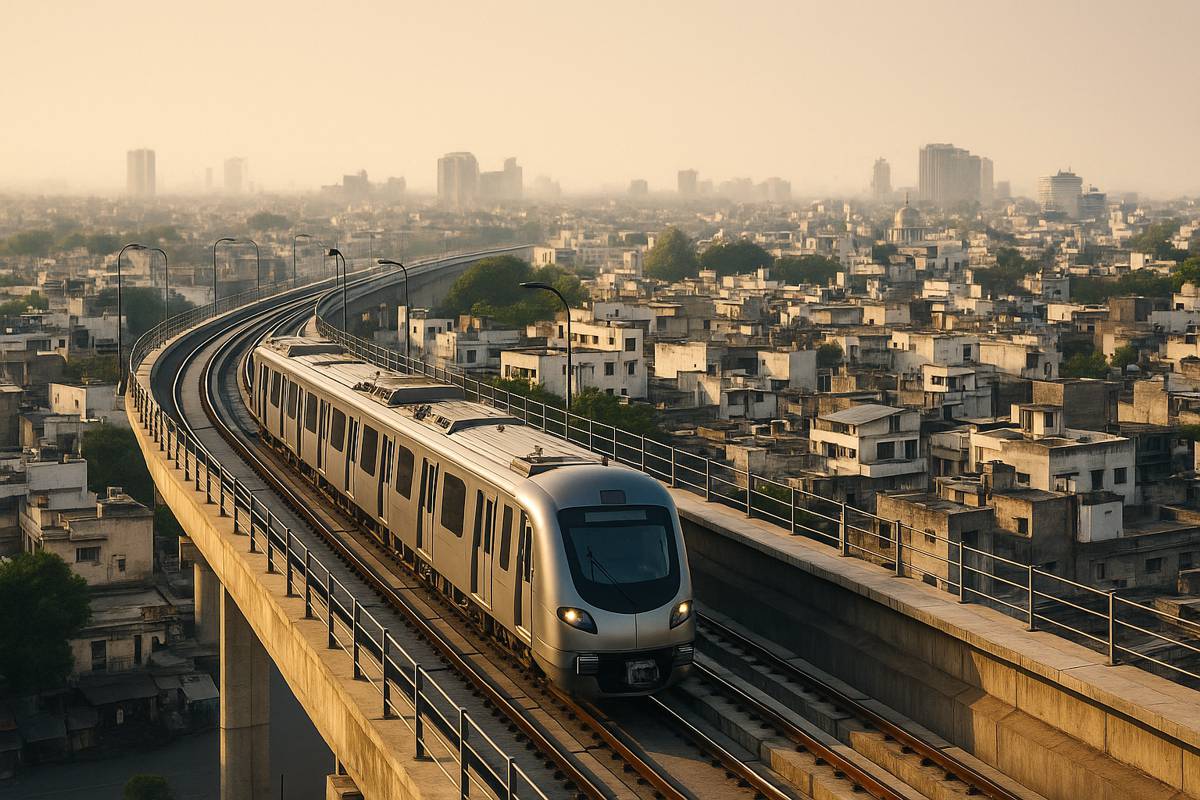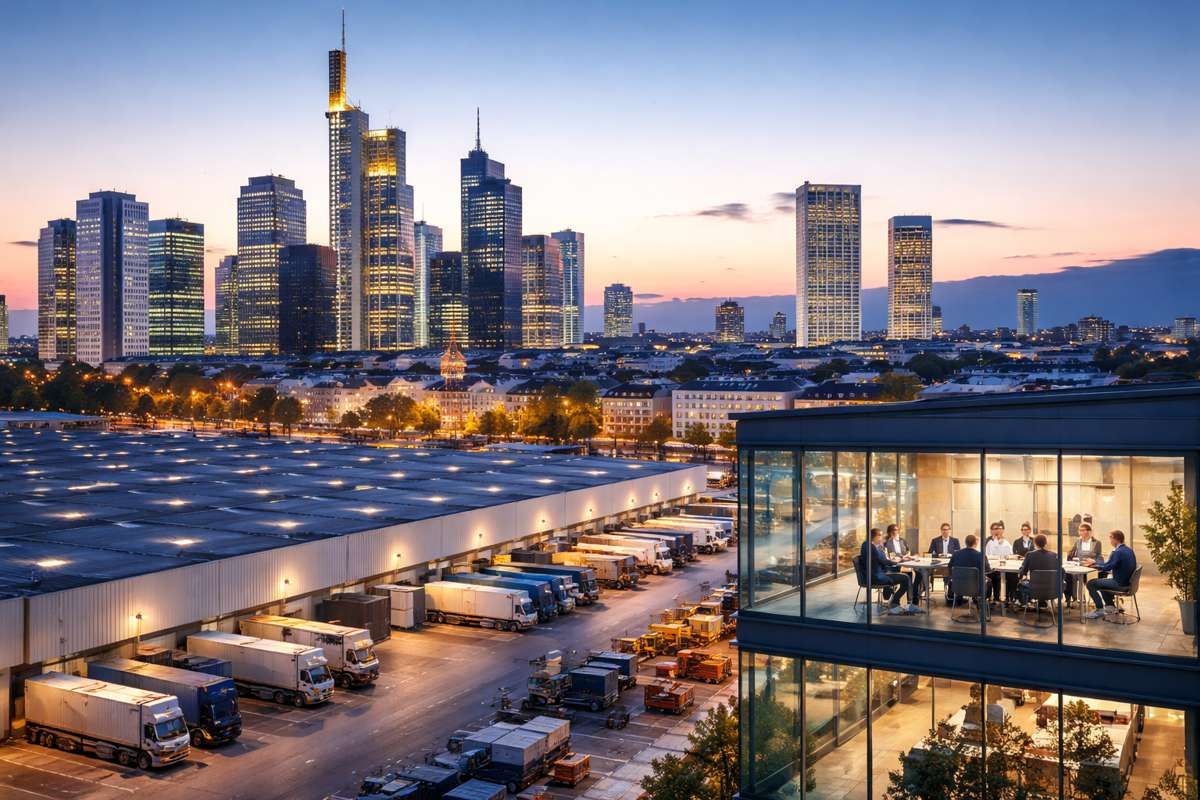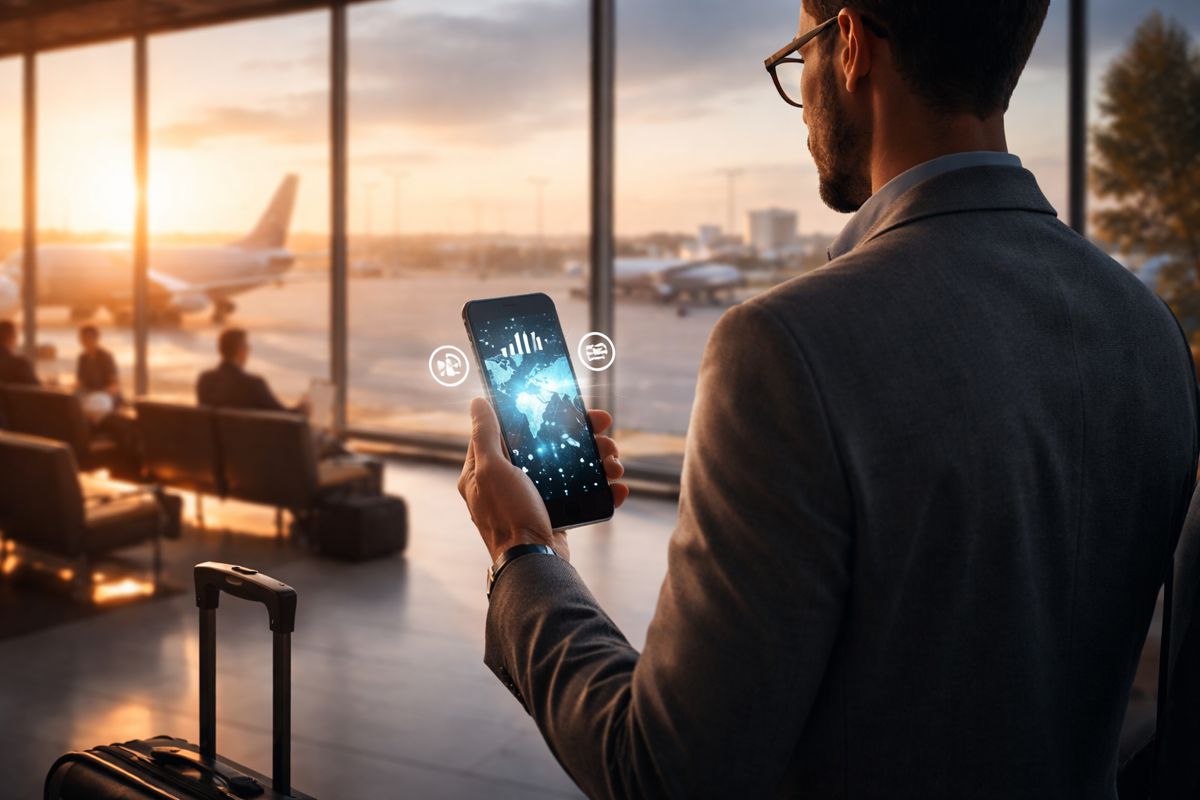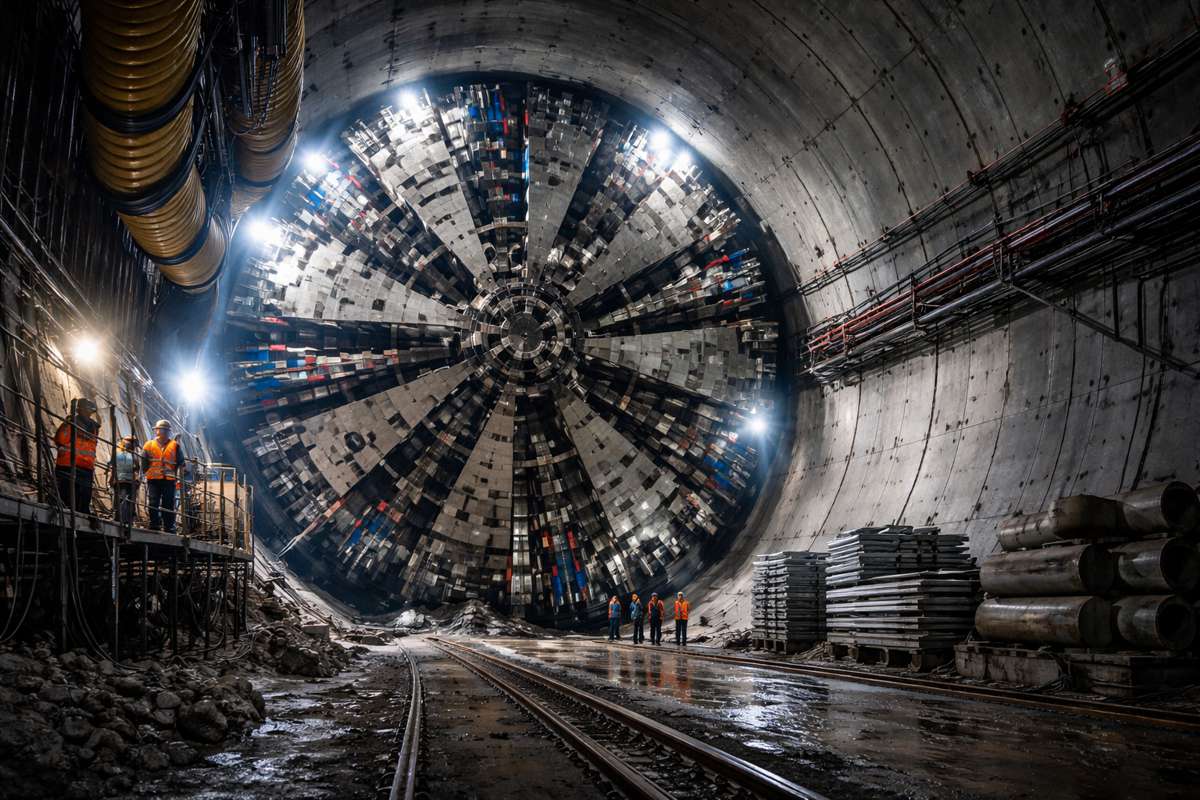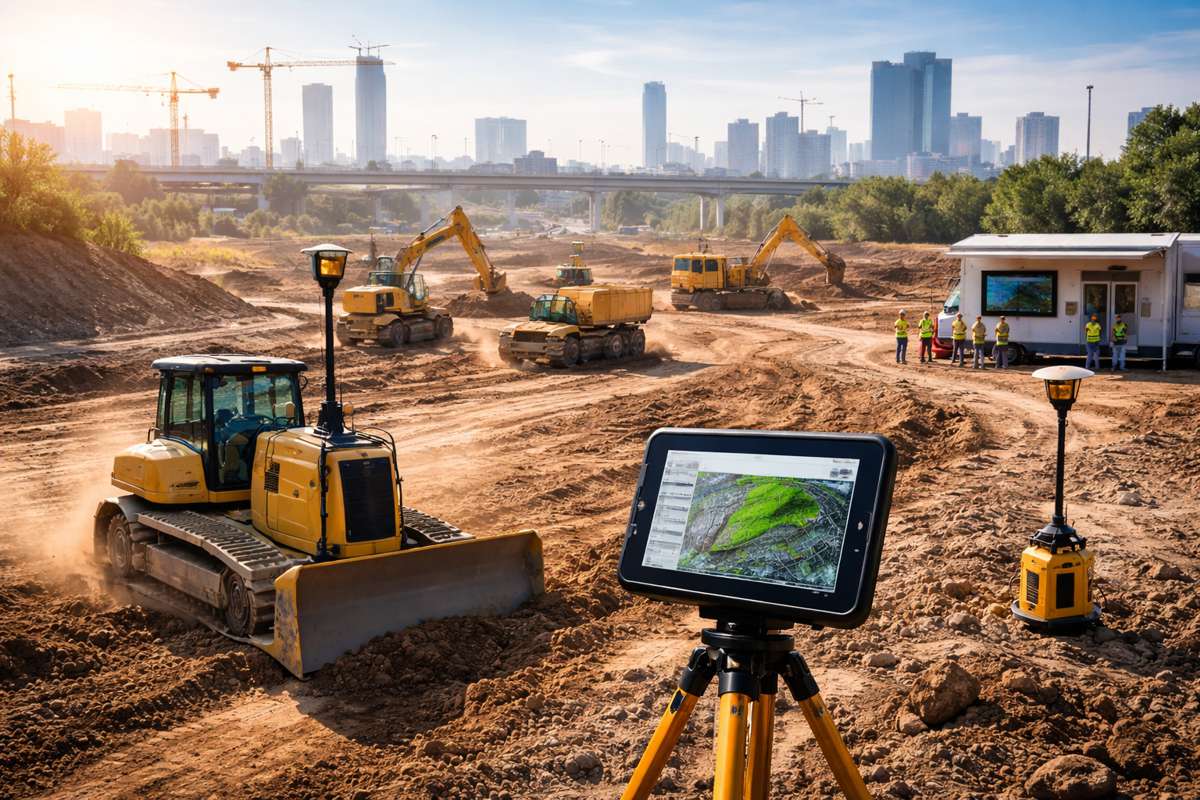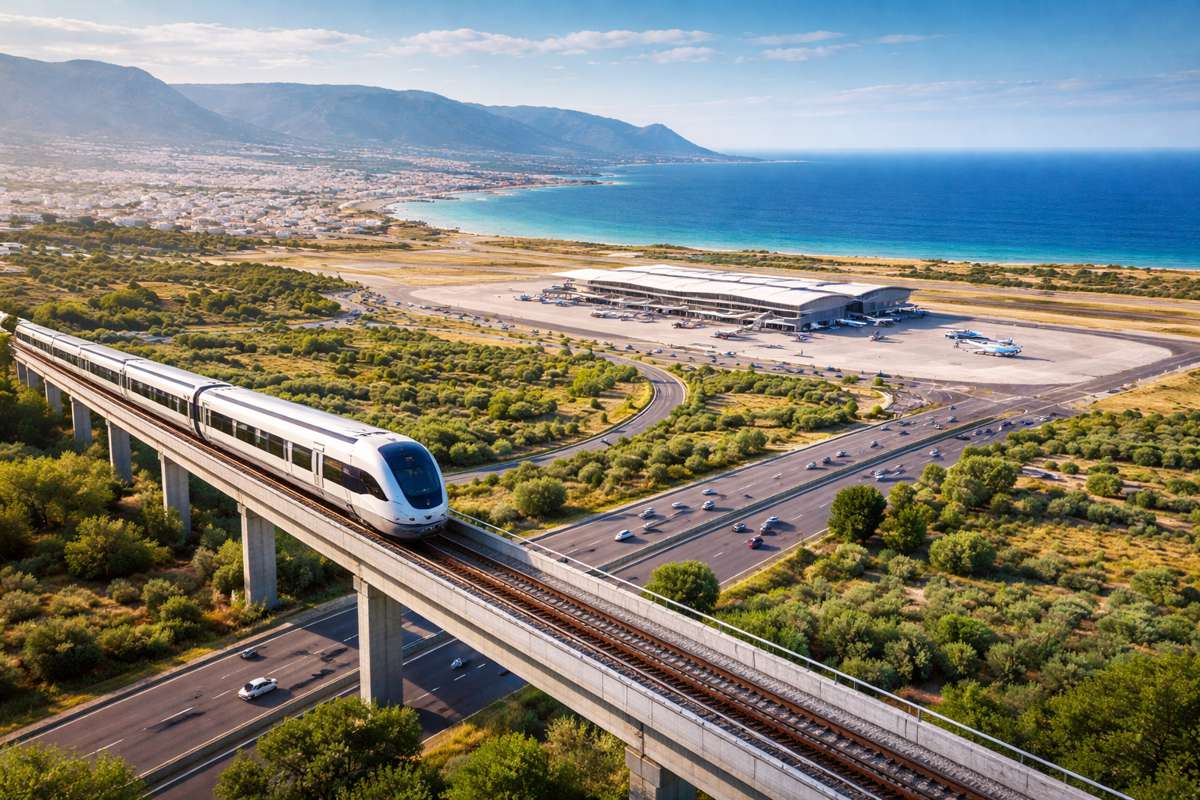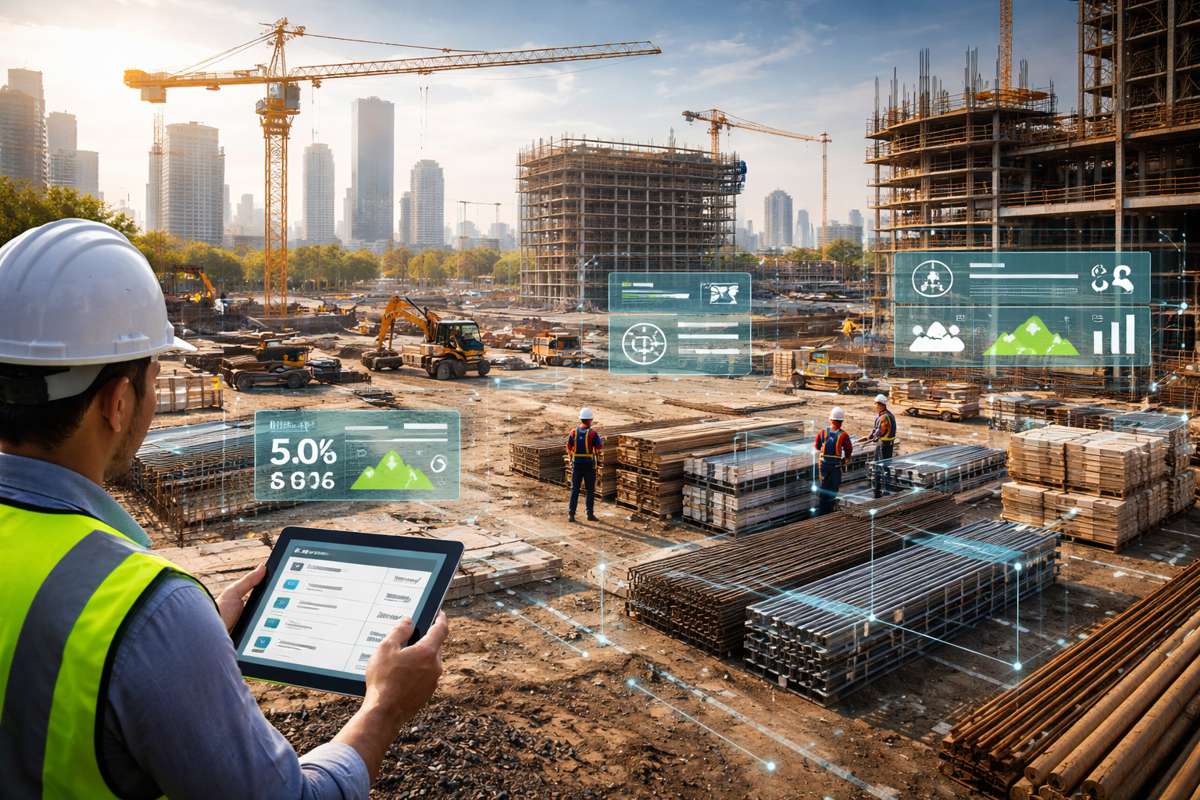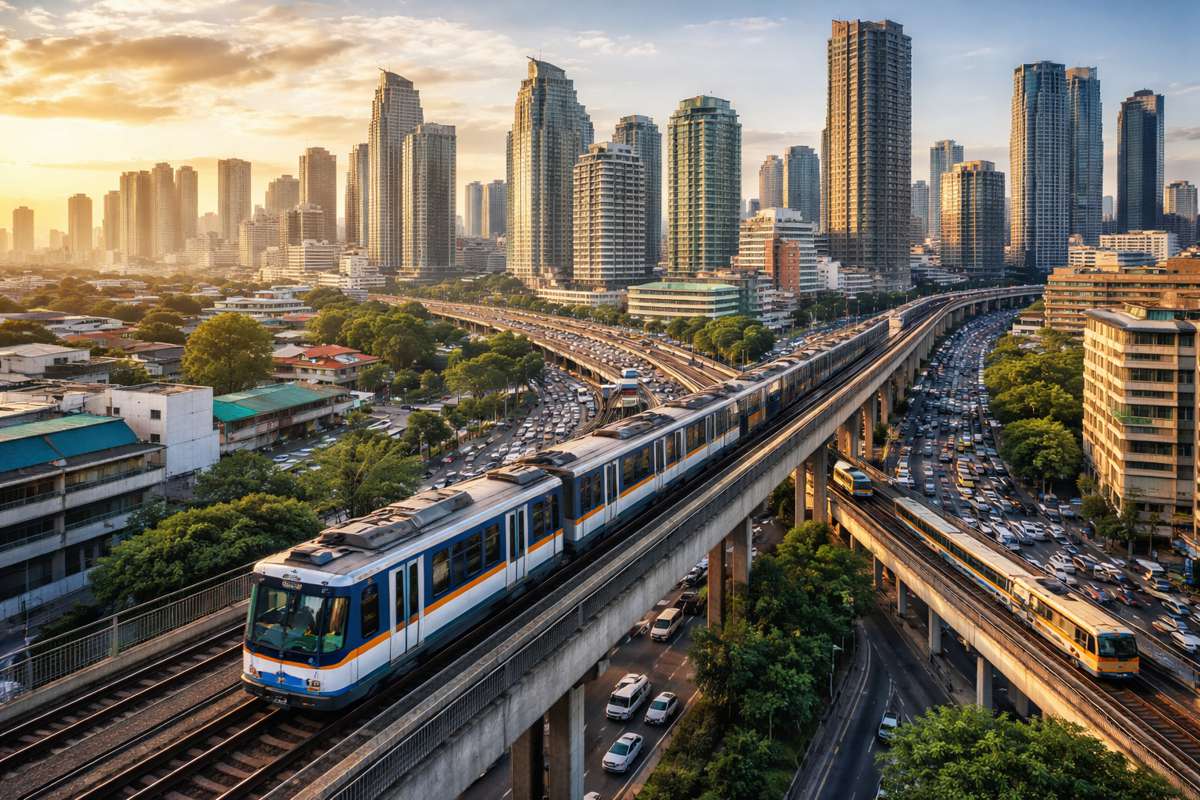ADB Backs Indore Metro with $190 Million Loan to Transform Urban Mobility
The Asian Development Bank (ADB) has approved a $190 million loan to fast-track the Indore Metro Rail Project, a landmark development designed to reshape mobility, curb pollution, and foster inclusive growth in Madhya Pradesh’s largest city. Indore, often hailed as India’s cleanest city, is now setting its sights on becoming a model for sustainable urban transport.
With rapid urbanisation fuelling congestion and environmental pressures, the new metro line is expected to deliver a much-needed boost to Indore’s infrastructure. The project will see the construction of an 8.62-kilometre underground corridor connecting key congested areas to the airport, complete with seven modern stations designed to handle heavy passenger flows.
Accessibility and Safety at the Core
The Indore Metro has been designed with inclusivity at its heart. Features such as ramps, lifts, CCTV surveillance, and advanced emergency response systems will ensure safe, barrier-free access for the elderly, women, children, and persons with disabilities.
ADB’s Country Director for India, Mio Oka, underscored the project’s wider social benefits: “Indore’s rapid urbanisation has led to congestion, pollution, and limited mobility for vulnerable populations. This project will not only modernize public transport but also empower women and marginalized communities through targeted employment and entrepreneurship opportunities.”
A Clean Transport Revolution
One of the metro’s most significant impacts will be on the environment. By reducing reliance on private vehicles, the system is expected to cut greenhouse gas emissions by an estimated 12,414 tonnes of carbon dioxide equivalent annually. For a city experiencing some of the fastest urban growth in India, this marks a vital step towards meeting climate targets and improving air quality.
ADB has long highlighted the role of sustainable transport in reducing urban emissions. According to its 2023 Urban Transport Strategy, metro projects across Asia contribute not only to cutting carbon footprints but also to long-term resilience against climate change.
Seamless Integration Across Modes
Beyond simply laying tracks, the project focuses on creating a genuinely connected transport ecosystem. Multimodal integration with Indore’s existing bus and feeder services will make it easier for commuters to reach schools, workplaces, and markets. A dedicated study will optimise connectivity between the metro, airport, railways, and bus systems, reducing travel time and improving convenience for millions of daily commuters.
Transit-oriented development (TOD) planning is also being woven into the project. ADB is supporting Indore with technical assistance to align station design and land use with smart urban planning principles. This approach is expected to drive more compact, walkable, and economically vibrant neighbourhoods around metro hubs.
Opportunities for Women and Communities
The Indore Metro is being positioned not just as a transport project but as a tool for social empowerment. Commercial spaces at select stations will be reserved for women entrepreneurs and self-help groups, providing economic opportunities that extend beyond the construction phase. Safety audits, ridership analysis, and gender-focused planning are being integrated into project operations to ensure inclusivity remains a core principle.
The initiative also includes internship and training programmes aimed at increasing women’s participation in the transport sector, traditionally a male-dominated industry. By investing in skills development, the metro project hopes to nurture the next generation of female engineers, planners, and transport leaders.
Implementation and Timeline
The Madhya Pradesh Metro Rail Corporation Limited (MPMRCL) is tasked with implementing the project, with construction already gaining momentum. Operations are expected to commence by January 2030, signalling a new chapter for Indore’s urban transport landscape.
India’s Ministry of Housing and Urban Affairs has also backed metro expansion across several cities, recognising that urban mobility plays a critical role in sustaining economic growth. With Indore’s project now secured by ADB’s financial support, the city joins other major hubs like Delhi, Mumbai, and Bengaluru in building advanced metro networks.
ADB’s Long-Term Commitment
Founded in 1966, the Asian Development Bank has grown into one of the most influential financial institutions in the Asia-Pacific region, with 69 member countries. ADB has consistently prioritised projects that deliver inclusive, resilient, and sustainable development. Its involvement in Indore reflects a broader push to invest in green infrastructure that not only transforms cities but also strengthens communities.
In India alone, ADB has supported multiple metro projects, including those in Bengaluru, Chennai, and Pune, aiming to ease congestion and boost connectivity. The Indore initiative is the latest example of how multilateral financing can drive impactful urban transformation.
Building Momentum for a Smarter Future
The Indore Metro Rail Project represents more than a new transport system; it’s a statement of intent. By embedding inclusivity, sustainability, and economic opportunity into its design, the project sets a benchmark for how modern urban infrastructure should be developed.
As Indore prepares to welcome its first metro passengers by the end of the decade, the city is not just building tracks—it’s laying the groundwork for a cleaner, more connected, and equitable future.
